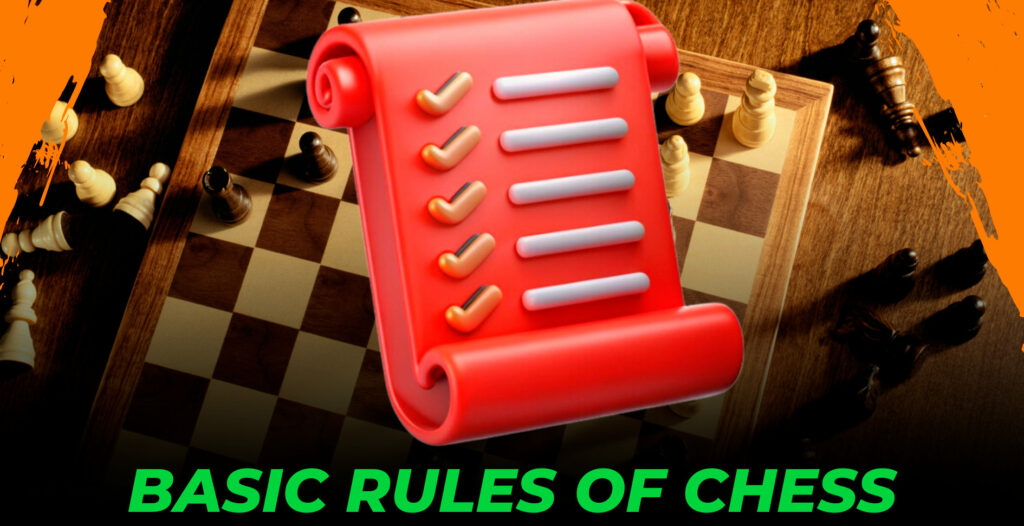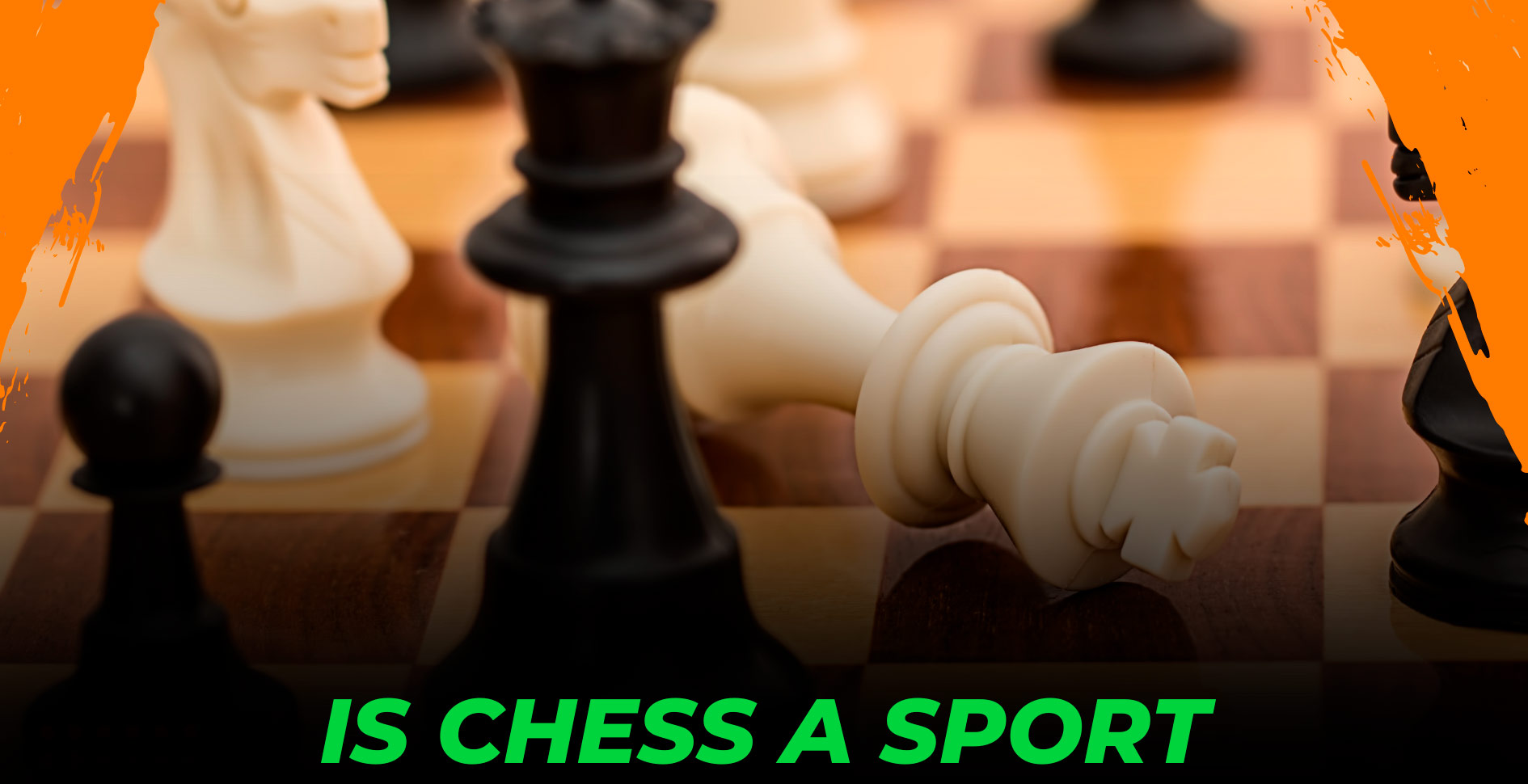Chess often raises questions about its status as a sport. Chess is included in the International Olympic Committee as a sport. This is because chess requires considerable concentration, strategic thinking and training, which is similar to other sports disciplines. Chess players participate in tournaments, monitor their physical and mental health, train and develop tactics.
What are the basic rules of chess?

Chess is a strategic game that requires players to know the rules and be able to apply them in practice. The basic rules of chess establish the structure of the game and regulate the actions of the pieces on the board. The main goal of the game is to checkmate the opponent’s king, i.e. to threaten him with a check which is impossible to defend against.
Сhess online
With the advancement of technology, chess has become available not only on the board but also in digital format. Online chess offers players the opportunity to play with opponents from all over the world, practice and participate in tournaments. They offer the ability to play anytime, anywhere and offer tutorials, training and puzzles.
Chess championships
Chess championships are held at various levels, from local competitions to world championships. They attract the best players from around the world and provide an opportunity to showcase their skills and strategic thinking. The major ones include:
- World Chess Championship;
- World Chess Cup;
- Candidates Tournament.
Chess records
Chess is full of amazing achievements and records that demonstrate the skill and intellectual ability of the players. These records are inspiring and show that there is always room for new achievements in chess. Famous records include:
- Youngest Grandmaster. Sergey Karjakin earned the title of Grandmaster at the age of 12 years and 7 months;
- Longest game. The game between Ivan Nikolic and Goran Arsovic in Belgrade in 1989 lasted 269 moves and ended in a draw.
Chess strategy for beginners
For beginner chess players, it is important to understand the basic strategies and tactics that will help improve your game and achieve success. These strategies include both general principles and specific tips for each stage of the game. The main ones include:
| Center control | Control of the central squares (d4, d5, e4, e5) gives the opportunity to maneuver pieces and attack. Development of pawns and pieces in the center helps to seize the initiative. |
| Figure development | It is important to develop the light pieces (knights and bishops) at the beginning of the game. You should not advance the queen too early to avoid exposing him to attacks. |
| The safety of the king | One of the key tasks in the opening is to secure the king, usually by castling. Castling also helps develop the rooks and connect them to the game. |
| Position play | Position play involves creating weaknesses in the opponent’s position and improving your own position. It is important to develop your pieces into active and defensive positions. |
| Tactical techniques | Includes forks, ties, distractions, and other techniques to gain a material advantage. Developing tactical vision helps you find and exploit weaknesses in your opponent’s position. |

